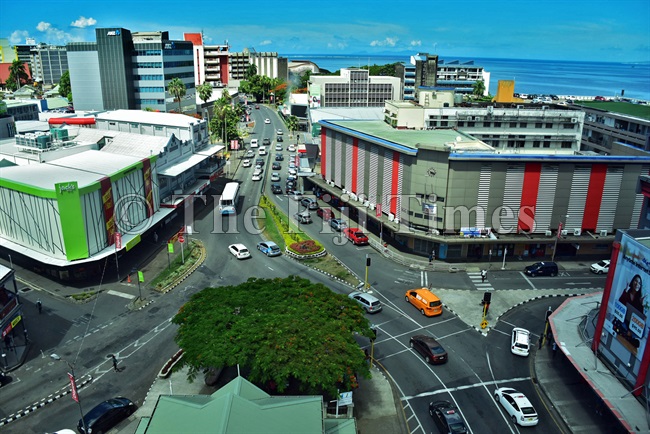FIJI’S successive large deficit budgets will push public sector debt to an all-time high of $11.7billion by the end of July next year, accounting for 79.8 per cent of GDP.
And ANZ Group international economists Kishti Sen and Tom Kenny said there would be a time in the future to think about returning the country’s fiscal position to a more sustainable footing.
That, they said in their analysis this week on the 2025-2026 national budget, could happen once the private sector-led new sources of growth came through and become the main drivers of growth.
The economists said that was likely to happen in 2027 when emerging industries such as business process outsourcing, data processing and warehousing matured.
They projected the end of the decade as a good time to start handing down smaller deficit budgets with an aim of delivering surplus budgets within 10 years so that the debt reduction plan could commence.
“Taking expenses and revenue together, official estimates see Fiji’s net deficit deteriorating marginally from $505m (-3.6 per cent of GDP) in 2024-25 to $866m in 2025-26 (-6 per cent).
“Because of a still high borrowing requirement to fund the primary deficit, Fiji’s debt level is expected to rise from $10.8billion this year to $11.7bn in 2025-26.
“As a proportion of GDP, Fiji’s debt situation is expected to worsen, albeit marginally, from 77.5 per cent of GDP in 2024-25 to 79.8 per cent of GDP in 2025-26.”
The economists said the Government did not intend to issue any foreign currency bonds to raise capital, so the deficit would be funded from the domestic market.
“The country’s banking system liquidity is near a record high. The Government has a sound credit rating and an unblemished debt servicing record.
“So, with interest payments as a proportion of revenue trending down, it shouldn’t have any difficulty getting support from local debt investors, predominantly the super fund (Fiji National Provident Fund), banks, unit trusts and other institutional investors.”
Mr Sen and Mr Kenny said the deficits accumulated over the last two years had raised overall public sector debt.
However, they added that that did not endanger the State’s ability to afford the debt.
“Budget 2025-26 is underpinned by policy and legislative certainty. That means collaboration with the private sector, as a partner of economic development, remains on track.
“Once private construction is underway, budget repair can commence, and this can happen before the end of this decade.”
Note: This article was first published on the print version of the Fiji Times dated July 5, 2025



